Boric acid is a very important chemical product and plays a very important role in various industries. It is a kind of inorganic acid. In addition to being used as a disinfectant, a pest control, a preservative, it can also be used in nuclear power plants to control the rate of uranium fission and make many boron compounds. It is a white powder or transparent crystal that is soluble in water. Boric acid is sometimes present in the form of minerals and is often found to be soluble in certain minerals, volcanic lakes or hot springs.
Boric acid is usually prepared by reacting borax borate with sulfuric acid:
Na2B4O7 + H2SO4 + 5H2O → 4H3BO3 + Na2SO4
Or mix the boron ore powder with the ammonium hydrogencarbonate solution. And it is decomposed to a liquid obtains an ammonium borate-containing material after heating , and then deaminated to obtain boric acid. It is also possible to acidify the boron concentrate with hydrochloric acid, and to obtain boric acid after filtration, crystallization and drying.
Boric acid was first produced by Holmberg (1652-1715), which was made by a mixture of sulfuric acid and borax. Because it is extremely mild, Holmberg named it "sal sedativum Hombergi" which means " Holmberg's mild salt." Although boric acid is very stable in water, it can be decomposed into metaboric acid (HBO2) by heating it to 170°C. Boric acid is a white crystal that is less soluble in water. The metaboric acid melts at about 236°C. If it is continuously heated to 300°C, It is possible to further decompose into tetraboric acid (H2B4O7) or pyroboric acid, which is a white solid. And if it continues to heat, it will become boron trioxide.

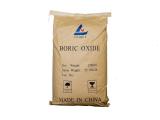 Electronic Grade Anhydrous Boric Acid
Boron oxide powder with the purity 99% MIN and 60-200 mesh mainly used in the chemical lab as reagents and electronic industry. View More
Electronic Grade Anhydrous Boric Acid
Boron oxide powder with the purity 99% MIN and 60-200 mesh mainly used in the chemical lab as reagents and electronic industry. View More Premium Grade Boron Oxide CAS NO 1303-86-2
Boric oxide powder with the purity 98.8%MIN and 60-200 mesh mainly used in the glass, ceramics, refractory raw materials, catalysts for chemical processing and chemical agent. View More
Premium Grade Boron Oxide CAS NO 1303-86-2
Boric oxide powder with the purity 98.8%MIN and 60-200 mesh mainly used in the glass, ceramics, refractory raw materials, catalysts for chemical processing and chemical agent. View More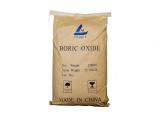 Industry Grade Anhydrous Boric Acid Einecs NO 215-125-8
Boron trioxide powder with the purity 98%MIN and 60-200mesh mainly used in alloy steel industry. View More
Industry Grade Anhydrous Boric Acid Einecs NO 215-125-8
Boron trioxide powder with the purity 98%MIN and 60-200mesh mainly used in alloy steel industry. View More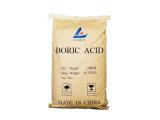 Boric Acid
Boric acid used in the quality borosilicate glassmaking and optical glassmaking, glaze for metal surface in porcelain enamel industry and seves as flus in alloy welding. View More
Boric Acid
Boric acid used in the quality borosilicate glassmaking and optical glassmaking, glaze for metal surface in porcelain enamel industry and seves as flus in alloy welding. View More English
English  中文
中文  한국어
한국어  Español
Español 

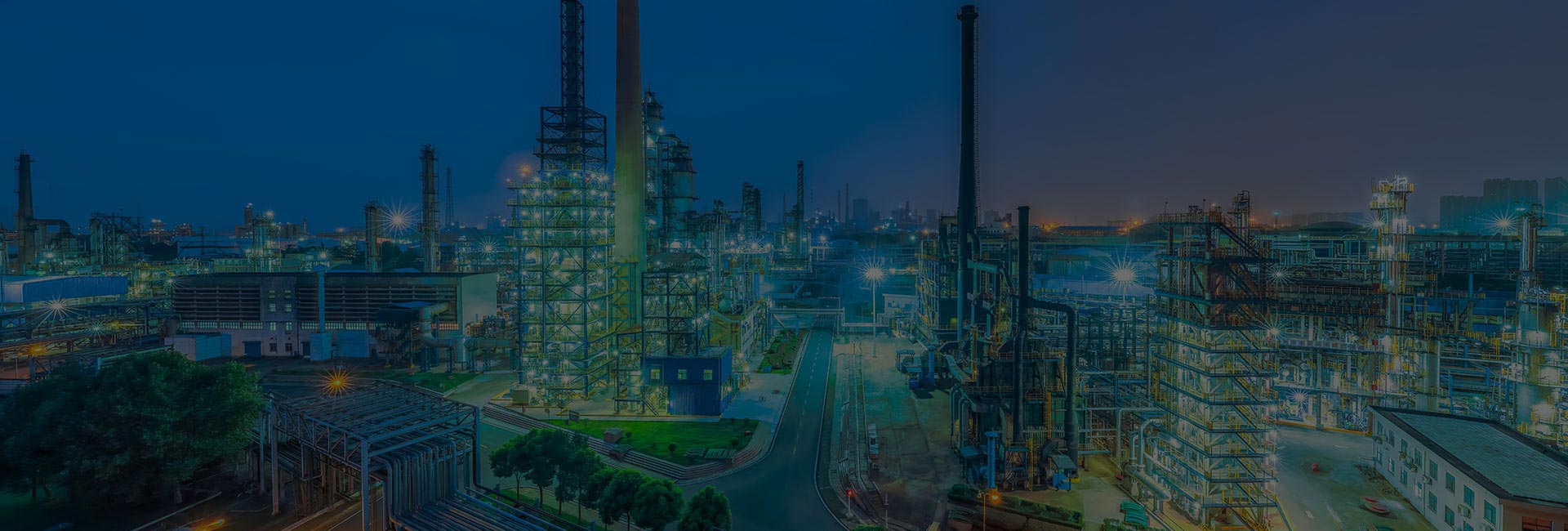
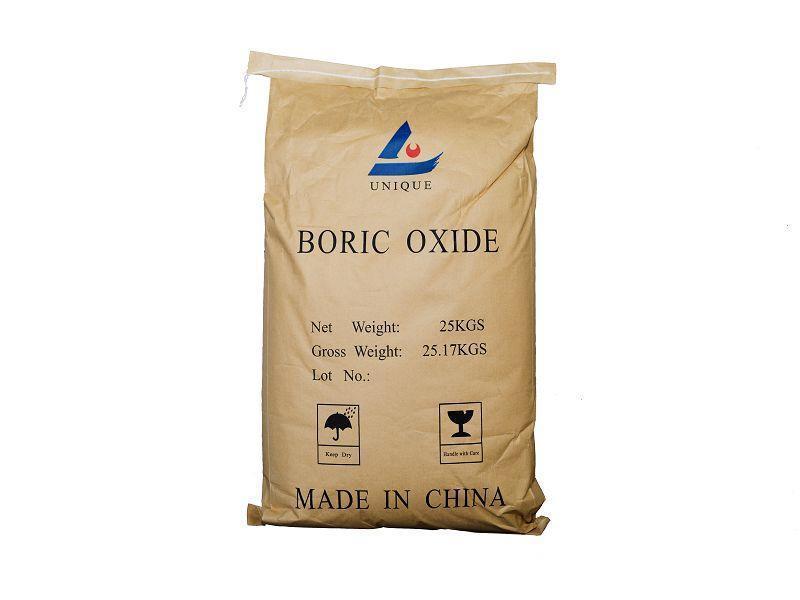
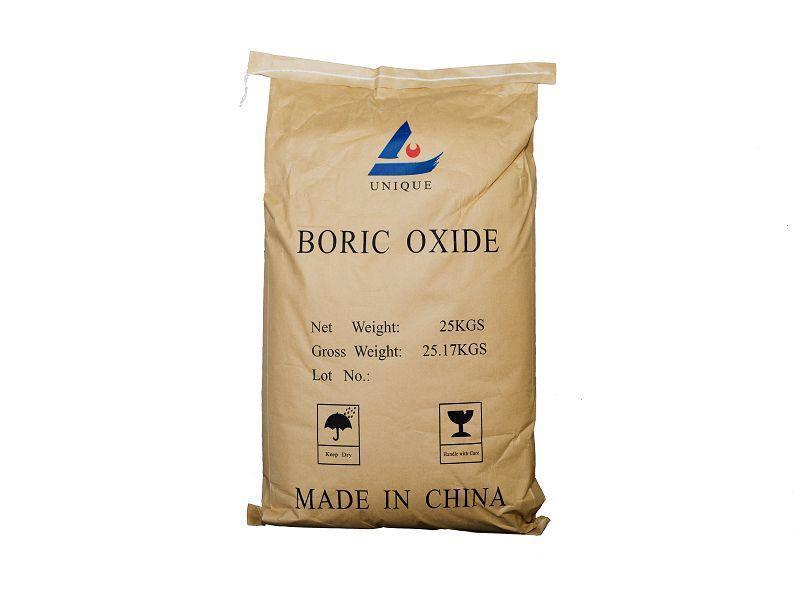
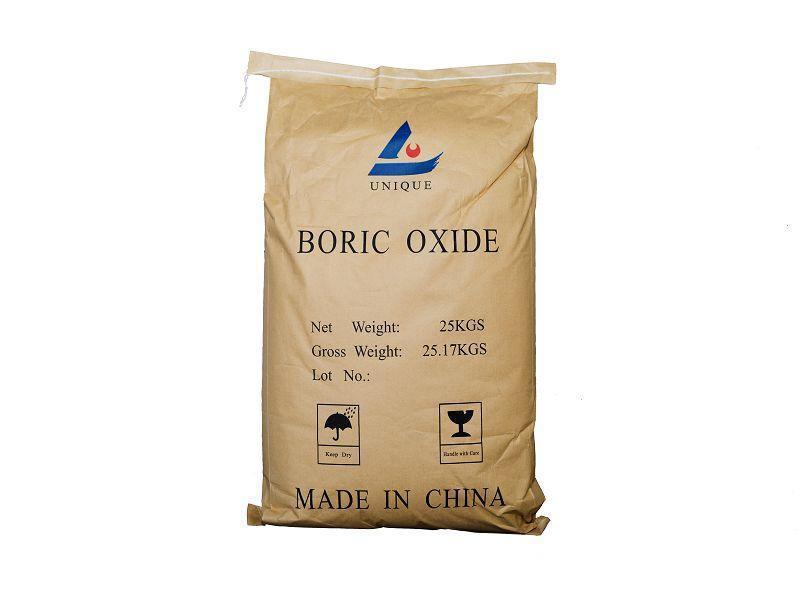
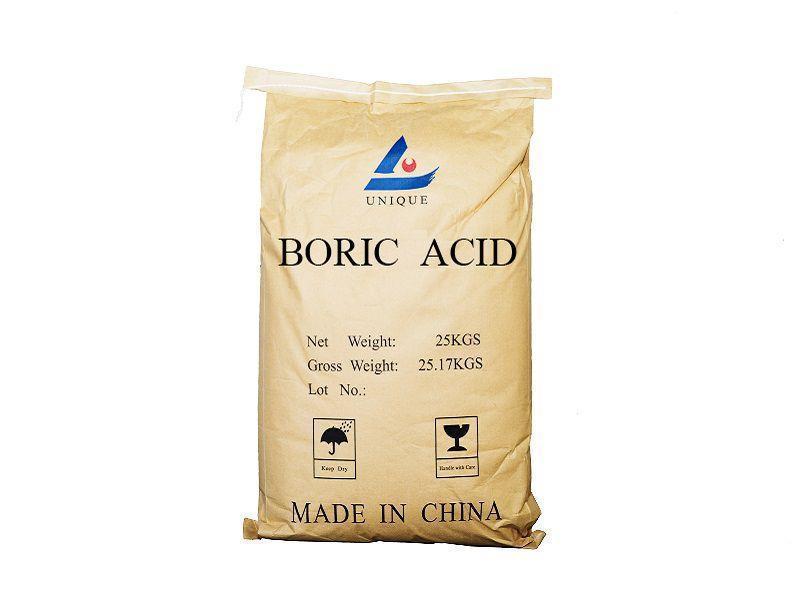
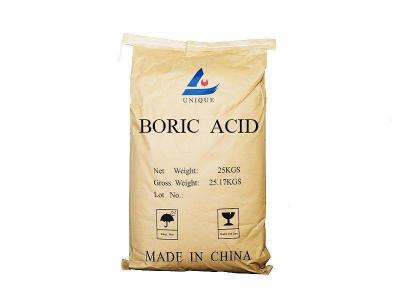
 +86-29-88238008 / 88238009
+86-29-88238008 / 88238009 
 1703# B Building West Electronic Zone New and High-Tech Industrial Development Zone, Yanta District, Xi'an, China.
1703# B Building West Electronic Zone New and High-Tech Industrial Development Zone, Yanta District, Xi'an, China.  +86-29-88238008 / 88238009
+86-29-88238008 / 88238009 
 1703# B Building West Electronic Zone New and High-Tech Industrial Development Zone, Yanta District, Xi'an, China.
1703# B Building West Electronic Zone New and High-Tech Industrial Development Zone, Yanta District, Xi'an, China.